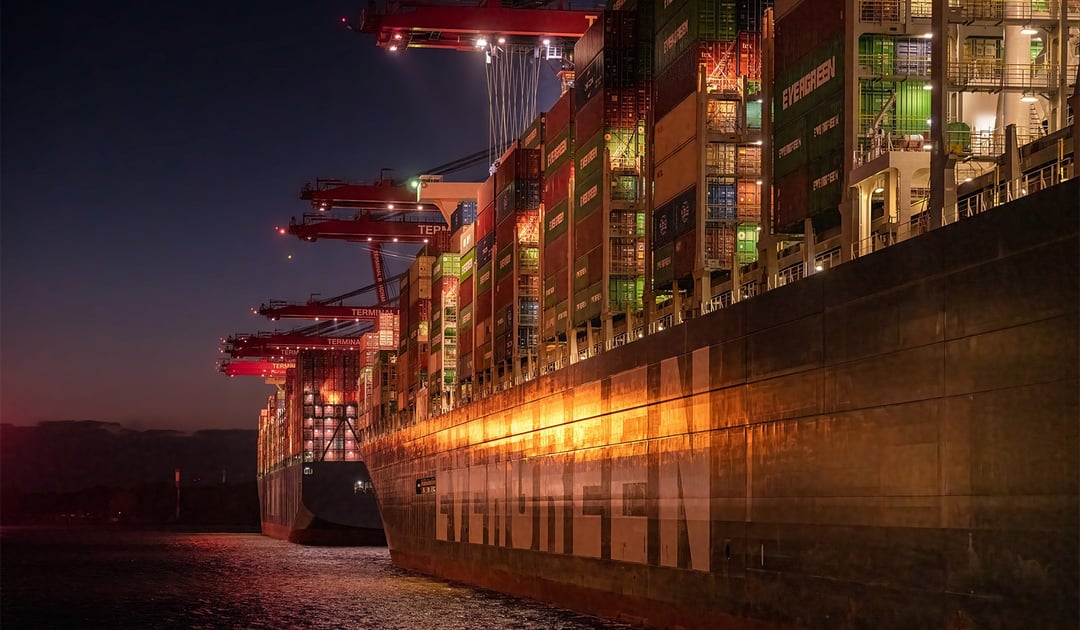
Supply chains have dealt with a number of potential labor-related disruptions recently, with the almost railroad strike averted by government order last month and issues with COVID-related lockdowns limiting both manufacturing and freight work in China. But one issue that still looms large over the logistics scene is the continued lack of a new contract between dockworkers and West Coast ports including Los Angeles and Long Beach. The murky labor situation began months ago, and yet still drags on into 2023, with laborers at these ports operating without a contract since July 1. The contract negotiations between the International Longshore & Warehouse Union (ILWU) and the Pacific Maritime Association (PMA) - which runs the ports - affect 22,000 staff members at 29 ports along the West Coast. In a recent interview, Executive Director of the Port of L.A. Gene Seroka predicted an agreement would come, but not until February or March. The optimistic tone was underlined by a joint statement released before the contract expired indicating no strike or lockout was imminent, but that statement came seven months ago. Seroka notes that no strike has occurred since the 1970s, and the delay in a contract is simply because negotiations take time. “Bargaining is very hard. In addition to coastwide frameworks, salary, benefits and other key items, including automation, we have 29 ports with local supplements that have to be concluded and most of it is behind the scenes," Seroka said. "This is a lot of work that has to be done in these negotiations.” He points out on the longer side, such negotiations can take nine to 10 months - thus leading to the first quarter 2023 prediction for an agreement. Regardless of the optimism on the part of Seroka and others, many are concerned that things could go south, which has led to a major shift in cargo volume.
As a consequence of the unsettled labor situation at West Coast ports as of early 2023, shippers have shifted much of their cargo to ports on the east coast. As of December, cargo volume declined by 25% at the Port of Los Angeles, knocking it off the top spot in the U.S. that it's held for 22 years as the Port of New York and New Jersey has taken over. Other alternative ports like Houston, New Orleans and Savannah have seen jumps as well. The shift is not purely due to labor concerns, as the movement began when the Ports of L.A. and Long Beach dealt with such congestion that dozens of cargo ships - in fact, more than 100 at this time last year - were waiting offshore for a chance to deliver goods. Also a contributor, fewer shipments from China. In fact, Chinese exports were down 25% year over year in November, and shipments from China to the U.S. dropped 21% from August to November. And yet another factor has been uncertainty over enforcement of California's AB5 law that reclassifies many independent truckers who are vital to port drayage.
While there are a number of reasons cargo volume shifted east in the U.S., it's no sure thing that it'll shift back even when those issues resolve. For instance, the port congestion that plagued Los Angeles and Long Beach is gone, but a recent survey indicates many logistics managers - nearly a third - who've made the move away from the west coast may not return, even if a labor deal is reached. That's in spite of the fact that 40% of those same respondents indicated they initially changed course due to the uncertainty of the dockworker contract. Still, if the port labor situation settles, many experts do expect a return to more normal patterns, likely closer to year-end. And even with a drop in volume, the West Coast ports are still vital links in many supply chains. That's why the National Retail Federation (NRF), which lobbied Congress and President Biden to intercede on the potential rail worker strike, is similarly advocating for a deal between the ILWU and the PMA. They worry about the ongoing supply chain impacts of current uncertainty, which would of course worsen if a work stoppage were to occur. There's also the question of whether the President weighs in here, though the path is not as clear with no Railway Labor Act to offer a mandate. Regardless, it bears watching to see if a deal is in fact reached in the early part of 2023, and if not, how both the optimists and pessimists react.
Need help moving freight to or from West Coast ports - or one of the alternate locations further east? Just let us know, and we can help with specific solutions tailored to your business. To learn more about us, or logistics and supply chain issues in general, check out our Resources page.
